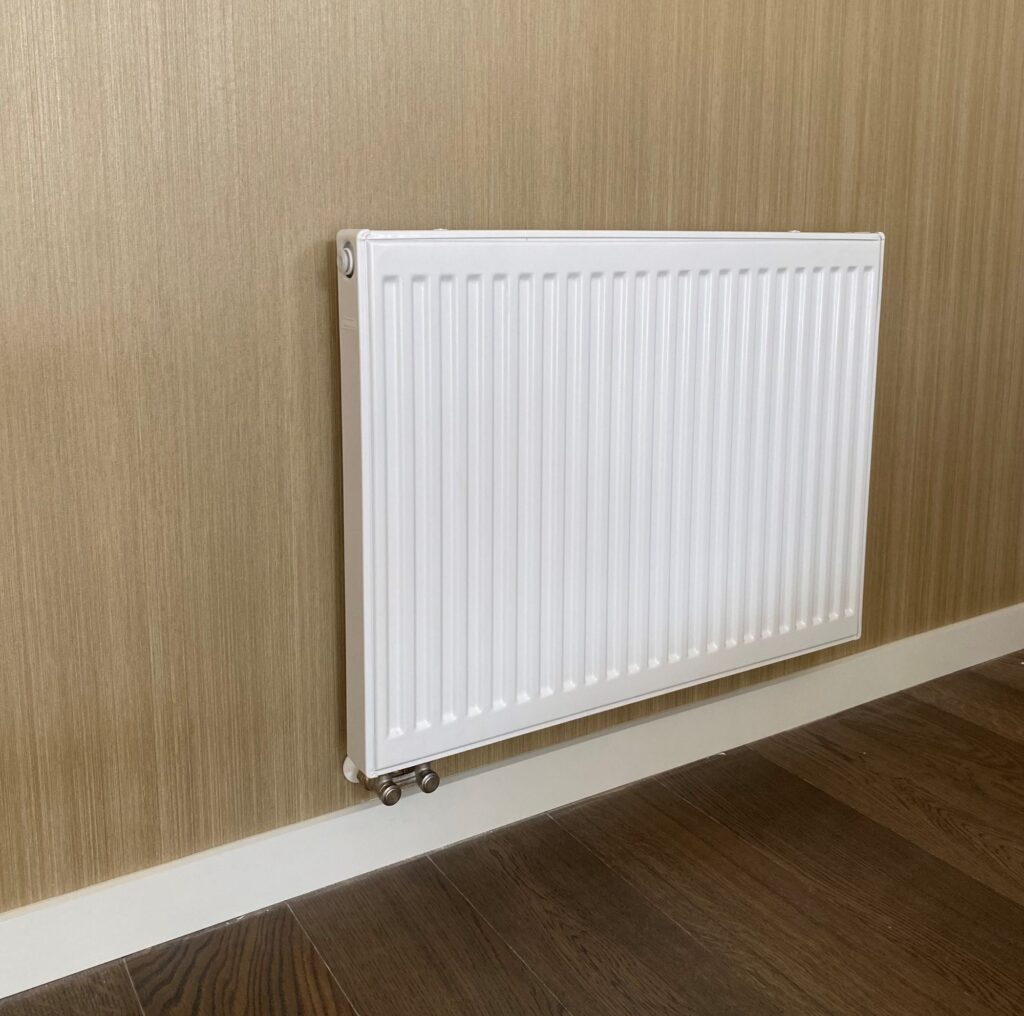Central heating has become a popular choice for homeowners in Wanganui seeking consistent indoor warmth during the colder months. However, as energy prices climb and environmental awareness grows, improving the efficiency of your heating system is more important than ever.
Here’s how to optimise your central heating setup to keep your home cosy without overspending on energy.
Understanding Central Heating Systems in Wanganui
Common types of central heating used locally
In Wanganui, the most used central heating systems include gas-fired ducted heating, hydronic radiator systems, and electric central heating. Each of these systems has its pros and cons depending on the property type and the needs of the household.
Hydronic systems, for example, are known for even heat distribution and quiet operation, while ducted systems can warm an entire home rapidly.
How Wanganui’s climate impacts heating needs
Wanganui’s mild oceanic climate means winters are relatively moderate, but cold snaps and damp conditions still demand effective heating solutions. Efficient central heating ensures your home remains warm and dry without excessive energy use, which is particularly important in a region known for occasional moisture-related home issues.
Why Energy Efficiency Matters in Central Heating
Benefits for your power bill and the environment
Using energy-efficient heating reduces your household’s energy consumption, leading to lower utility bills. More importantly, it also cuts down on greenhouse gas emissions, contributing positively to New Zealand’s sustainability goals. Efficient systems don’t just save money, they reduce your environmental footprint.
Long-term savings and system longevity
Efficiency isn’t just about day-to-day savings. A well-maintained and efficient system operates under less strain, which extends its lifespan and reduces the need for costly repairs or premature replacements. Think of it as an investment in your home’s infrastructure.
Tips to Improve the Energy Efficiency of Central Heating in Wanganui
Schedule regular servicing and maintenance
Regular maintenance is crucial for keeping your central heating system running efficiently. Have a licensed technician inspect your system annually to clean components, check for wear and tear, and ensure everything is operating at peak performance.
Use a programmable or smart thermostat
Smart thermostats allow you to set heating schedules that match your lifestyle, avoiding unnecessary use when no one is home. Some models even learn your habits and adjust automatically, significantly improving energy efficiency.
Seal drafts and insulate your home properly
Energy efficiency doesn’t rely on the heating system alone. Proper insulation in the roof, walls, and floors, as well as sealing drafts around doors and windows, prevents warm air from escaping and reduces the workload on your central heating.
Bleed radiators and balance the system
For hydronic systems, trapped air in radiators can cause uneven heating and increased energy use. Bleeding your radiators and balancing the system ensures even heat distribution and maximises efficiency.
Consider zoning your heating system
Zoning divides your home into sections that can be heated independently. This means you’re only using energy where and when it’s needed, an especially effective tactic for larger or multi-level homes.

Choosing the Right Central Heating System for Maximum Efficiency
Comparing gas, electric, and hydronic systems
Gas systems often provide quick and effective heating at a lower operating cost, especially in areas with access to natural gas. Electric systems tend to have higher running costs, though they can be efficient in smaller homes. Hydronic systems offer superior energy efficiency and comfort but typically come with higher upfront costs.
Matching system capacity to your home size and layout
A heating system that’s too large or too small for your home will operate inefficiently. Professional installation should always include a heat load calculation to ensure your system is correctly sized for your space.
Behavioural Changes That Support Energy Efficiency
Setting realistic temperature targets
Keeping your thermostat set between 18–20°C is typically sufficient for comfort during the day. Raising the temperature significantly above this range results in increased energy use for marginal warmth gains.
Turning off or lowering heating in unused rooms
Don’t waste energy heating rooms no one is using. Close off vents or radiators in unoccupied areas and focus heat where it’s most needed.
Wearing appropriate clothing indoors during winter
Sometimes the simplest solutions are the most effective. Layering up with warm clothing and using throws or blankets can allow you to lower your thermostat by a degree or two without sacrificing comfort.
When to Upgrade Your Central Heating System
Signs your system is costing more than it should
If your system is more than 10–15 years old, requires frequent repairs, or your energy bills keep climbing despite maintenance efforts, it may be time for an upgrade. Newer models are far more efficient and often pay for themselves over time.
Energy-efficient features to look for in new systems
Look for systems with high energy ratings, modulating burners, zoned heating capability, and compatibility with smart thermostats. These features ensure your system runs only as hard as it needs to, without wasting energy.
Local Expertise Makes a Difference
Finding qualified heating professionals in Wanganui
Always work with registered heating professionals who understand local building codes and climate needs. Their experience ensures optimal system selection and installation that aligns with energy efficiency goals.
Importance of local knowledge for energy efficiency
Wanganui-based technicians can recommend systems and upgrades tailored to local conditions, including humidity levels and insulation standards. This insight helps maximise your return on investment and long-term efficiency.
Making Wiser Energy Choices in Wanganui
Combining heating upgrades with home energy assessments
A comprehensive home energy audit can identify where heat is being lost and guide your efficiency improvements beyond just the heating system. Insulation, ventilation, and window upgrades all contribute to a warmer, more energy-conscious home.
Accessing regional rebates or funding for efficiency upgrades
Some regional or national programmes offer rebates, subsidies, or financing for energy-efficient upgrades. Check with local authorities or energy providers to explore your options and make your investment more affordable.